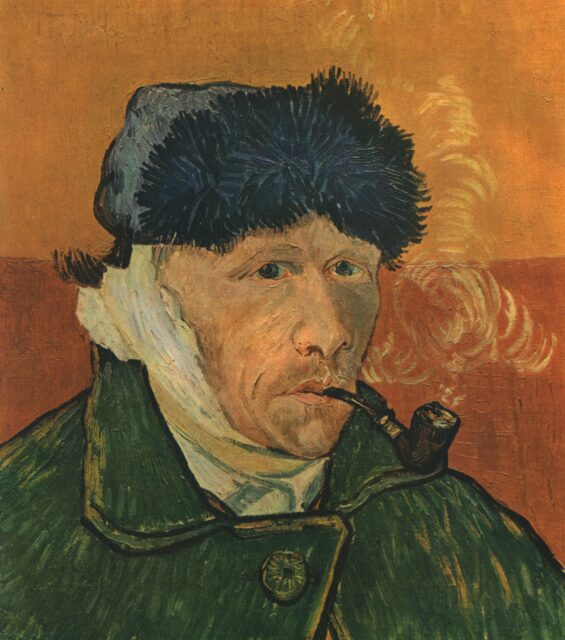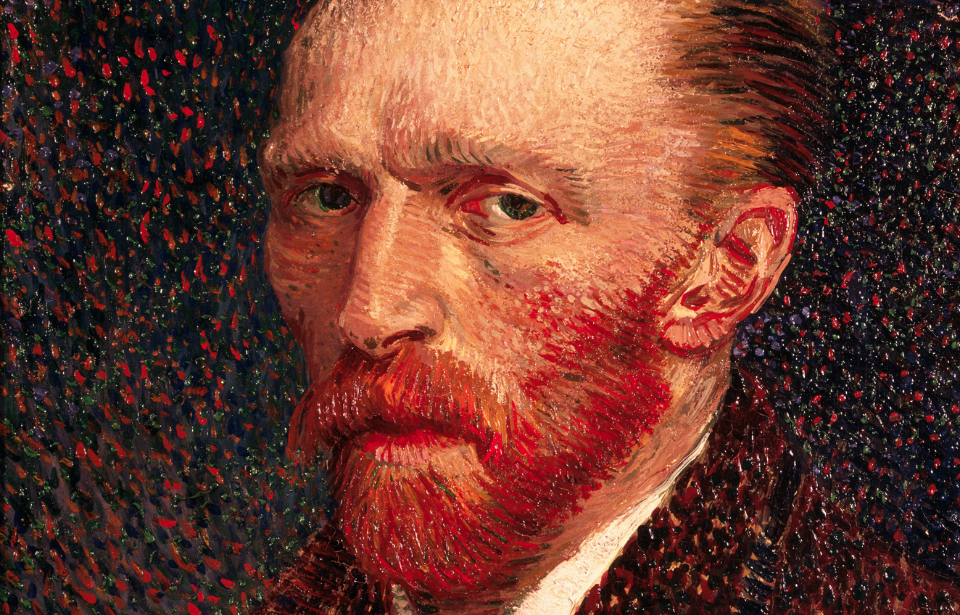On December 23, 1888, one of the most famous events in art history took place when Vincent van Gogh cut off part of his own ear. The troubled Dutch artist was living in the town of Arles in southern France at the time, where he had been creating some of his most well-known paintings. However, his mental health was fragile, and that day would become a dark chapter in his life.

The incident followed a heated argument with his close friend and fellow artist Paul Gauguin, who had been staying with him. Their friendship had been strained for some time, and Gauguin decided to leave Arles. This set off a wave of emotional distress in Van Gogh, who was already struggling with depression and hallucinations. In the midst of his mental breakdown, Van Gogh cut off part of his left ear using a razor blade. He then wrapped the severed ear in newspaper and reportedly gave it to a local woman named Rachel, a prostitute in the area.
After the incident, Van Gogh was found in a dazed state and taken to the hospital. He was later admitted to the Saint-Paul-de-Mausole asylum in nearby Saint-Rémy-de-Provence, where he would spend much of the next year. Despite the toll this episode took on his mental health, Van Gogh continued to paint, producing some of his most iconic works during his time in the asylum, including the famous The Starry Night.
More from us: Art Historians Are Puzzled by a Hidden Masterpiece Discovered Underneath One of Cézanne’s Early Works
Would you like to see more daily historical content from The Vintage News? What if we sent it directly to your inbox every day? Sign up here to receive our daily Today in History posts.
The event on December 23, 1888, is often seen as a symbol of Van Gogh’s intense emotional struggles. His mental health battles were closely tied to his creative genius, and today, he is remembered not only for his remarkable artwork but also for the tragedy that shaped much of his life. Although he faced many challenges, Van Gogh’s legacy as one of the most influential artists in history endures.
